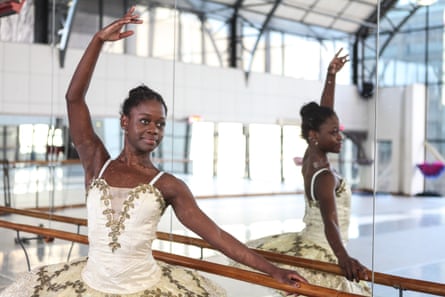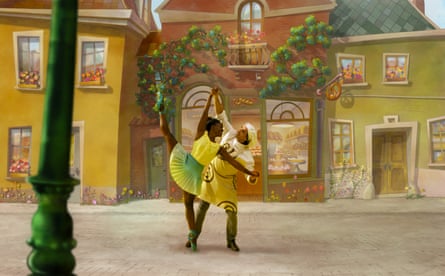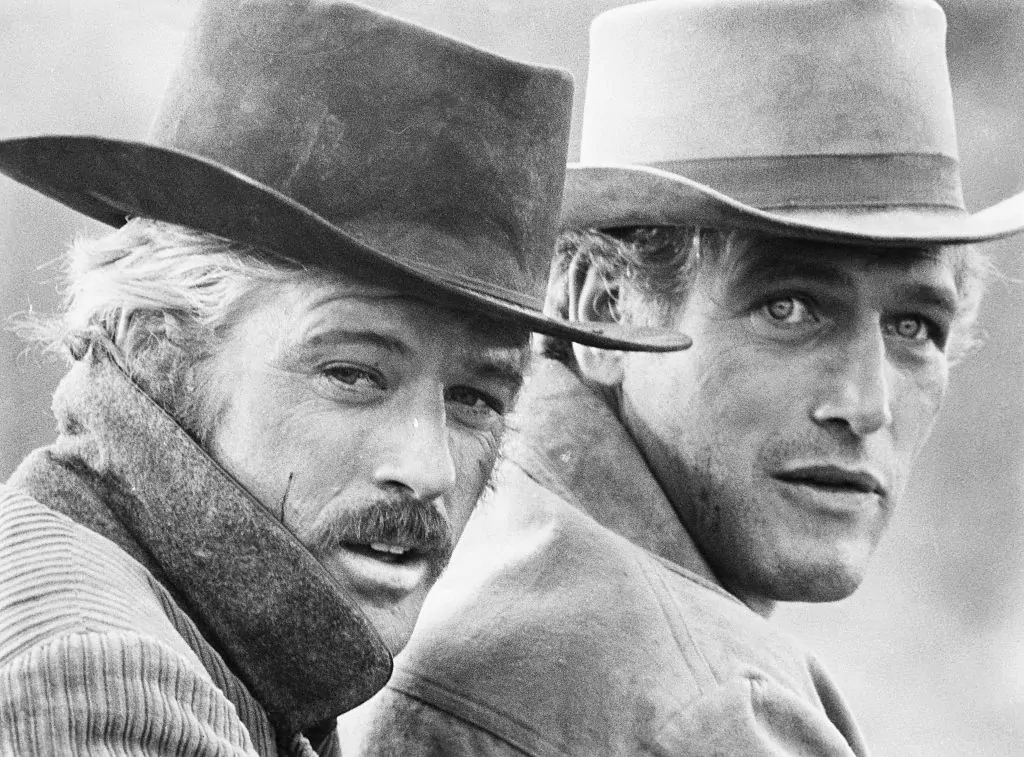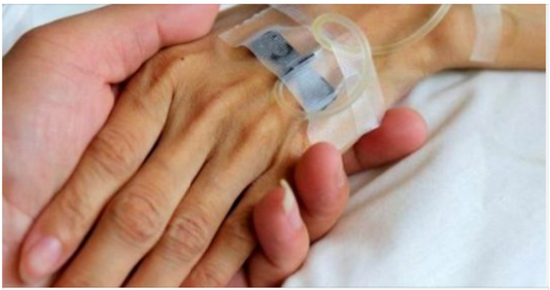Sierra Leone-born DePrince, who moved to US as a child, danced with Boston Ballet and performed with Beyoncé
Michaela Mabinty DePrince, a trailblazer and
inspiration to many in the ballet world, has died at 29, a spokesperson
announced on her Instagram page on Friday. No cause of death has yet
been reported.

“Her life was one defined by grace, purpose, and strength,” the caption said.
“Her unwavering commitment to her art, her humanitarian efforts, and
her courage in overcoming unimaginable challenges will forever inspire
us. She stood as a beacon of hope for many, showing that no matter the
obstacles, beauty and greatness can rise from the darkest of places.”
DePrince’s family released a statement following the announcement of her death.
“I am truly in a state of shock and deep sadness. My beautiful sister is no longer here,” Mia DePrince wrote.
“From the very beginning of our story back in Africa, sleeping on a
shared mat in the orphanage, Michaela (Mabinty) and I used to make up
our own musical theater plays and act them out. We created our own
ballets … When we got adopted, our parents quickly poured into our
dreams and arose the beautiful, gracefully strong ballerina that so many
of you knew her as today. She was an inspiration.”
Born
Mabinty Bangura in Sierra Leone, DePrince was sent to an orphanage aged
three, after both of her parents died in the country’s civil war. At
the orphanage, she experienced mistreatment and malnourishment, she told
the Associated Press in 2012.
“I
lost both my parents, so I was there [the orphanage] for about a year
and I wasn’t treated very well because I had vitiligo,” she said at the
time. “We were ranked as numbers, and number 27 was the least favorite
and that was my number, so I got the least amount of food, the least
amount of clothes and whatnot.”

After
receiving word that the orphanage would be bombed, DePrince described
walking shoeless for miles to reach a refugee camp. Her mother, who
adopted DePrince and two other girls, including Mia, from the orphanage
after meeting them in Ghana in 1999, said Michaela was “sick and
traumatized by the war”, with tonsillitis, fever, mononucleosis and
swollen joints. DePrince was four when she was adopted and moved to the
United States.
Her passion for ballet began as a young girl in Sierra Leone
after she saw a photo of a ballerina. But despite beginning to train in
ballet at five, DePrince still experienced trials. At eight, she was
told the US was not ready for a Black girl ballerina, even though she
had been selected to perform the role of Marie in The Nutcracker. When
she was nine, a teacher told her mother that Black girls were not worth
investing money in.
DePrince eventually attended the Rock School for Dance Education, a prestigious and selective ballet school.
At
17, she was featured in First Position, a documentary that follows six
dancers as they prepare for the Youth America Grand Prix. She received a
scholarship to study at American Ballet
Theatre’s Jacqueline Kennedy Onassis School of Ballet. After graduating
from high school, DePrince worked at the Dance Theatre of Harlem,
becoming the youngest principal dancer in the theatre’s history.
In 2012, she performed in her first professional full ballet in South Africa. The following year, she joined the Dutch National Ballet’s junior company.
Audiences who are unfamiliar with ballet might recognize DePrince from Beyonce’s Lemonade,
in which the then 21-year-old dances wearing an old-fashioned tutu and
headpiece. In 2021, she joined the Boston Ballet as a second soloist.
That year, she performed the leading role in Coppelia, a ballet film.

At
the Boston Ballet, DePrince told reporters about how Black dancers who
came before her helped motivate her despite experiencing racism and
xenophobia.
“I’m very lucky,” DePrince said at the time.
“There was Lauren Anderson – I had somebody to look up to. The Houston
Ballet. Heidi Cruz, the Pennsylvania Ballet when I was younger. There’s
also Misty Copeland. There’s not a lot of us. But what I always try to
think about, and what my passion is, is spreading more poppies in a
field of daffodils, so to have more Black and brown dancers.”
Even
with her successes, DePrince did not forget her early childhood. She
became a humanitarian and throughout her career expressed a desire to
open a school for dance and the arts in Sierra Leone.
“That would be amazing – I’d like to use the money we earn from this book [a memoir, Hope in a Ballet Shoe] to open the school,” DePrince told the Guardian in 2015.
“It’ll have to be when I retire from dancing. The arts can change you
as a person. Dancing helped me share my emotions and connect to my
family – it helped me feel like I was special and not the ‘devil’s
child’. Those kids won’t have the same opportunities I had, and I don’t
think they deserve that.”
She spent much of her career advocating for and promoting the inclusion of Black dancers in ballet.
“There are practically no Black people in ballet, so I need to speak out,” she told the Guardian.
In lieu of flowers, DePrince’s family has asked people to donate to War Child, an organization DePrince supported.
“This
work meant the world to her, and your donations will directly help
other children who grew up in an environment of armed conflict,” they
wrote. “Thank you.”

